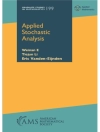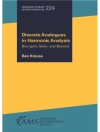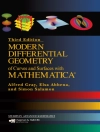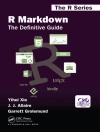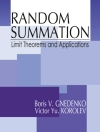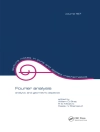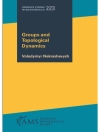Mathematical Methods for Signal and Image Analysis and Representation presents the mathematical methodology for generic image analysis tasks. In the context of this book an image may be any m-dimensional empirical signal living on an n-dimensional smooth manifold (typically, but not necessarily, a subset of spacetime). The existing literature on image methodology is rather scattered and often limited to either a deterministic or a statistical point of view. In contrast, this book brings together these seemingly different points of view in order to stress their conceptual relations and formal analogies.
Furthermore, it does not focus on specific applications, although some are detailed for the sake of illustration, but on the methodological frameworks on which such applications are built, making it an ideal companion for those seeking a rigorous methodological basis for specific algorithms as well as for those interested in the fundamental methodology per se.
Covering many topics at the forefront of current research, including anisotropic diffusion filtering of tensor fields, this book will be of particular interest to graduate and postgraduate students and researchers in the fields of computer vision, medical imaging and visual perception.
Inhoudsopgave
A Short Introduction to Diffusion-like Methods.- Adaptive Filtering using Channel Representations.- 3D-Coherence-Enhancing Diffusion Filtering for Matrix Fields.- Structural Adaptive Smoothing: Principles and Applications in Imaging.- SPD Tensors Regularization via Iwasawa Decomposition.- Sparse Representation of Video Data by Adaptive Tetrahedralizations.- Continuous Diffusion Wavelet Transforms and Scale Space over Euclidean Spaces and Noncommutative Lie Groups.- Left Invariant Evolution Equations on Gabor Transforms.- Scale Space Representations Locally Adapted to the Geometry of Base and Target Manifold.- An A Priori Model of Line Propagation.- Local Statistics on Shape Diffeomorphisms using a Depth Potential Function.- Preserving Time Structures while Denoising a Dynamical Image.- Interacting Adaptive Filters for Multiple Objects Detection.- Visual Data Recognition and Modeling based on Local Markovian Models.- Locally Specified Polygonal Markov Fields for Image Segmentation.- Regularization with Approximated L2 Maximum Entropy Method.


